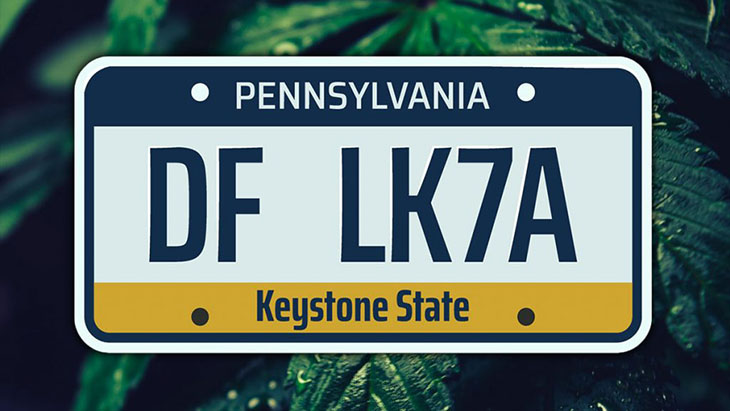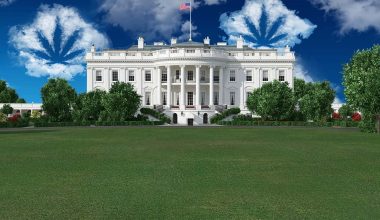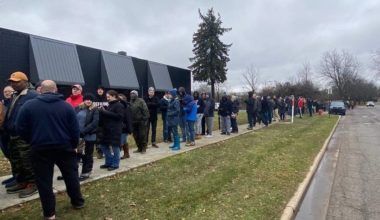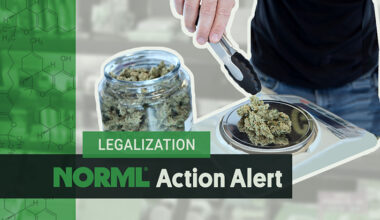The following press release was drafted by Chris Goldstein and Jeff Riedy on behalf of Lehigh Valley NORML
On Friday, February 4, 2022, the Pennsylvania Department of Health (PaDOH) Medical Marijuana Program (MMP) issued the first large product recall in the program’s history. There is a long list of affected products; all of them are concentrated forms of cannabis. The core issues are a set of questionable ingredients and processing techniques.
Several documents outlining the recall can be found here.
This recall effort is essentially the third strike for permit holders in the program. For several years MMP regulators have asked state-licensed operators for a full disclosure of ingredients and production methods for their concentrated cannabis products. Regulators primary focus was on devices commonly referred to as ‘vape pens.’
Transparency was not forthcoming. In the fall of 2021, hundreds of thousands of registered patients received an email from the MMP alerting them that an overview of these products was being conducted. The email alert included a clear safety warning about the products, but they remained available for sale in dispensaries.
This recall is now the final step. Removing the products from dispensaries has impacted every permit holder and a majority of patients.
Jeff Riedy is a registered patient in the state’s cannabis program and also serves as Executive Director of Lehigh Valley NORML. He noted that concerns regarding lack of FDA approval for “vaping” terpenes and some other naturally derived additives have been a lingering issue.
“The FDA deemed many of these same additives as specifically unsafe for devices like ‘vape carts’ back in 2016, one full year before the rollout of our medical cannabis program,” said Riedy, “Did operators, or even regulators, know of these risks the entire time?”
Riedy added, “Every registered patient puts our trust into the integrity of Pennsylvania’s licensed laboratories, dispensaries, and the growers/processors. We expect that our products will be absolutely safe. But, with this unexpected recall, patients across Pennsylvania have been left with real doubts, questioning the safety standards currently practiced across the cannabis industry.”
Pennsylvanians who participate in the MMP are living with a wide variety of medical concerns. Many have transitioned from a regime of prescription drugs to cannabis therapy, and can’t endure any disruption in that supply.
Brian “Box” Brown lives in Philadelphia where he writes the weekly Legalization Nation comic strip. As a patient in Pennsylvania’s program, many of the issues he’s covered around the cannabis industry are now hitting close to home.
“If patients are taught that purchasing a regulated product is the safest method of obtaining cannabis, then recalls are part of the process,” said Brown, “Regulators are making sure patients receive a quality product, and that we’re aware of any potential risks.”
The recalled products are some of the most expensive on dispensary’s shelves. Concentrates often cost between $50-$100 for a single gram in Pennsylvania. Patients can rarely afford to stock up, so few will likely remain unopened.
“As a patient advocate I support product safety recalls,” said Lehigh Valley NORML’s Jeff Riedy, “But, I’m very disappointed in how the Department of Health is handling patients in this process. There was no instruction or guidance offered about returns and refunds. There has been no communication on alternative products. In fact, there’s been little interaction at all. Many are now desperate. Where can they turn?”
Medical cannabis patients often live on a limited income and pay out of pocket at dispensaries. Current regulations do outline a policy for patients to return unopened products that are recalled for a full refund. It remains unclear if there will be returns or refunds for opened containers.
So far, patients have reported mixed success in actually receiving a refund for the recently recalled products.
Many of the processors in Pennsylvania are part of national corporations that hold permits in multiple states. Pennsylvania DOH is calling into question what may be common industrial production methods for cannabis concentrates in other programs. In other recalls, like one recently in Michigan, operators went to court to fight regulators.
Overall, the recall has left more questions than answers for hundreds of thousands of state-licensed cannabis patients.
“It’s concerning, if these products are unsafe now, patients may have been consuming an unsafe product for the life of the program,” noted Brown, “What kind of refunds will these patients receive? Only for the unopened packages with printed out paper receipts? Or for every vape pen they’ve ever bought that was tainted for the life of the program? Patients ask me and I think those are fair questions.”
Eventually, definitive science may show that some ingredients are not safe for inhalation. Still, many patients felt this widespread recall materialized suddenly. The continued lack of transparency is eroding trust in the efficacy and professionalism of the program, its players, and even the regulators.
Moving forward, Pennsylvania’s Medical Marijuana Program could immediately take the following steps:
- Build a new patient advisory board to help strengthen communications with the public during this recall;
- Allow reciprocity for patients with other state programs;
- Issue clear instructions for returns and refunds.
Legislators in Harrisburg should also consider quickly passing SB1024, a medical cannabis home cultivation bill from Senators Dan Laughlin (R-Erie) and Sharif Street (D-Philadelphia). This would ensure an additional avenue for safe access.
“Today, we are without any kind of home-grow rights,” noted Brown, “If we were able to produce our own cannabis, our own cannabis oils, and yes even our own vape products, we could guarantee our own safety.”
Most states with a medical cannabis program have some provisions for patients to cultivate a small garden. Pennsylvanians have sent more than 1,000 letters in support of SB1024 via NORML’s Take Action Center.
Ultimately, regulators and permit holders will need to earn back patients’ business. Otherwise, many will be forced to find non-regulated supplies or even return to prescription drugs.
“We can correct these misdirections, establish better practices, and make every effort to regain the trust of a skeptical patient base,” said Riedy, “That should include thorough, public explanation of the recent recall and real determinations regarding the safety of the products.”
Follow Lehigh Valley NORML on twitter here.
Related
Medical Disclaimer:
The information provided in these blog posts is intended for general informational and educational purposes only. It is not a substitute for professional medical advice, diagnosis, or treatment. Always seek the advice of your physician or other qualified healthcare provider with any questions you may have regarding a medical condition. The use of any information provided in these blog posts is solely at your own risk. The authors and the website do not recommend or endorse any specific products, treatments, or procedures mentioned. Reliance on any information in these blog posts is solely at your own discretion.






